Feature photo @legally.literary
Part marvel, part mystic, and always magical, Paris has been a haven for art and literature through world history. From the French Revolution, to the explosion of literature in the aftermath of World War I and Nazi occupation through World War II, Paris has borne witness to seismic shifts in politics and culture. With this iconic city in the background, many writers have created burgeoning careers in literature and journalism. These historical fiction novels set in Paris honor the city’s literary tradition and collectively tell a larger story through their own characters, lenses, and retellings of the past.
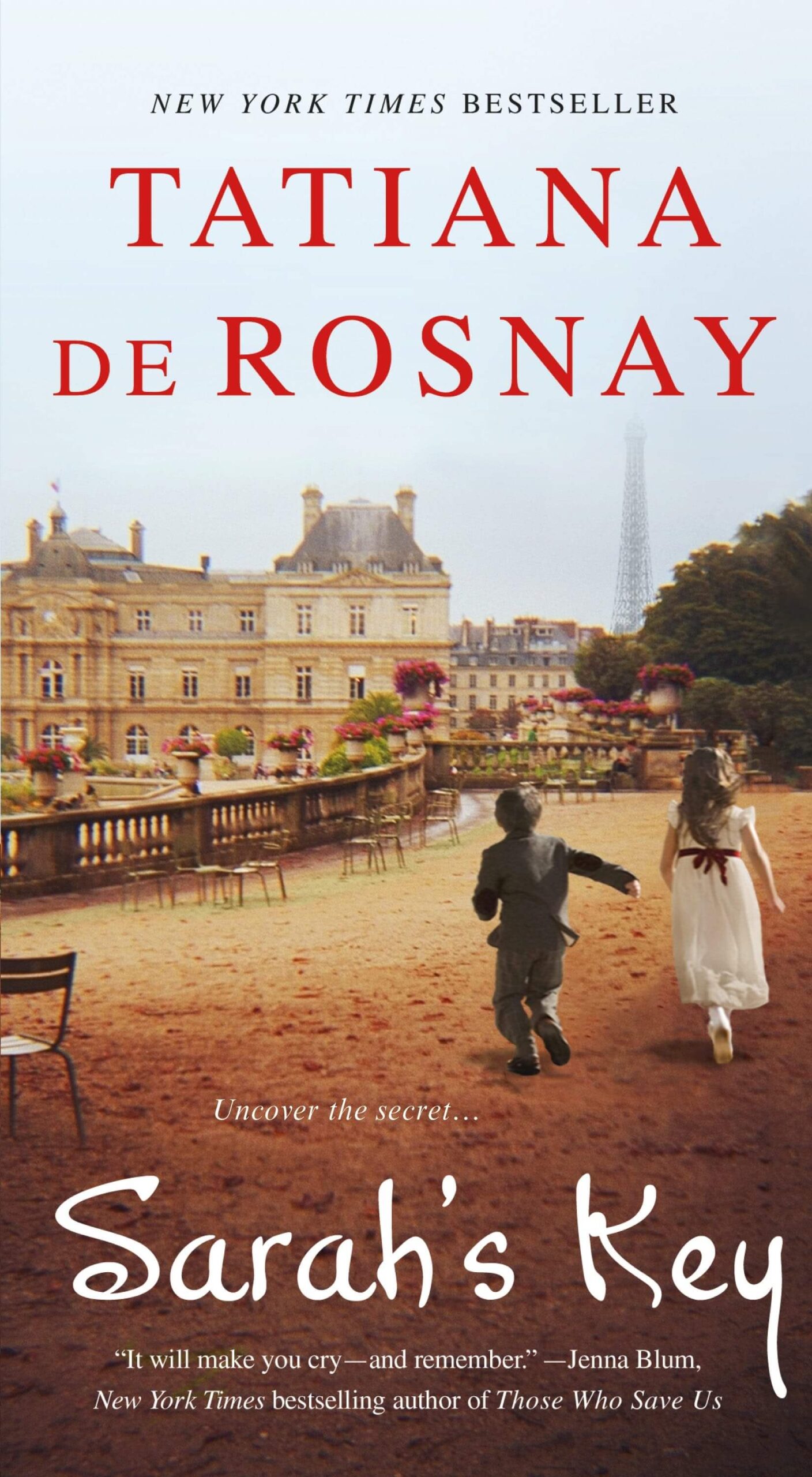
Sarah’s Key by Tatiana de Rosnay
Detailing one of the most horrific acts of the Holocaust, the Vel d’Hiv roundup, Sarah’s Key is a heartbreaking, important novel for a greater understanding of Paris during World War II. Sarah is a young girl living with her Polish parents and younger brother in Le Marais when Nazis tighten restrictions on Jews. When the entire family is removed from their apartment, Sarah hides her little brother in their secret place to save him. The story alternates with the life of an American journalist living in modern-day Paris with her husband and daughter. When she realizes their apartment has a sordid history, it sets her on a path of discovery, reckoning, and justice decades after immeasurable harm was done.
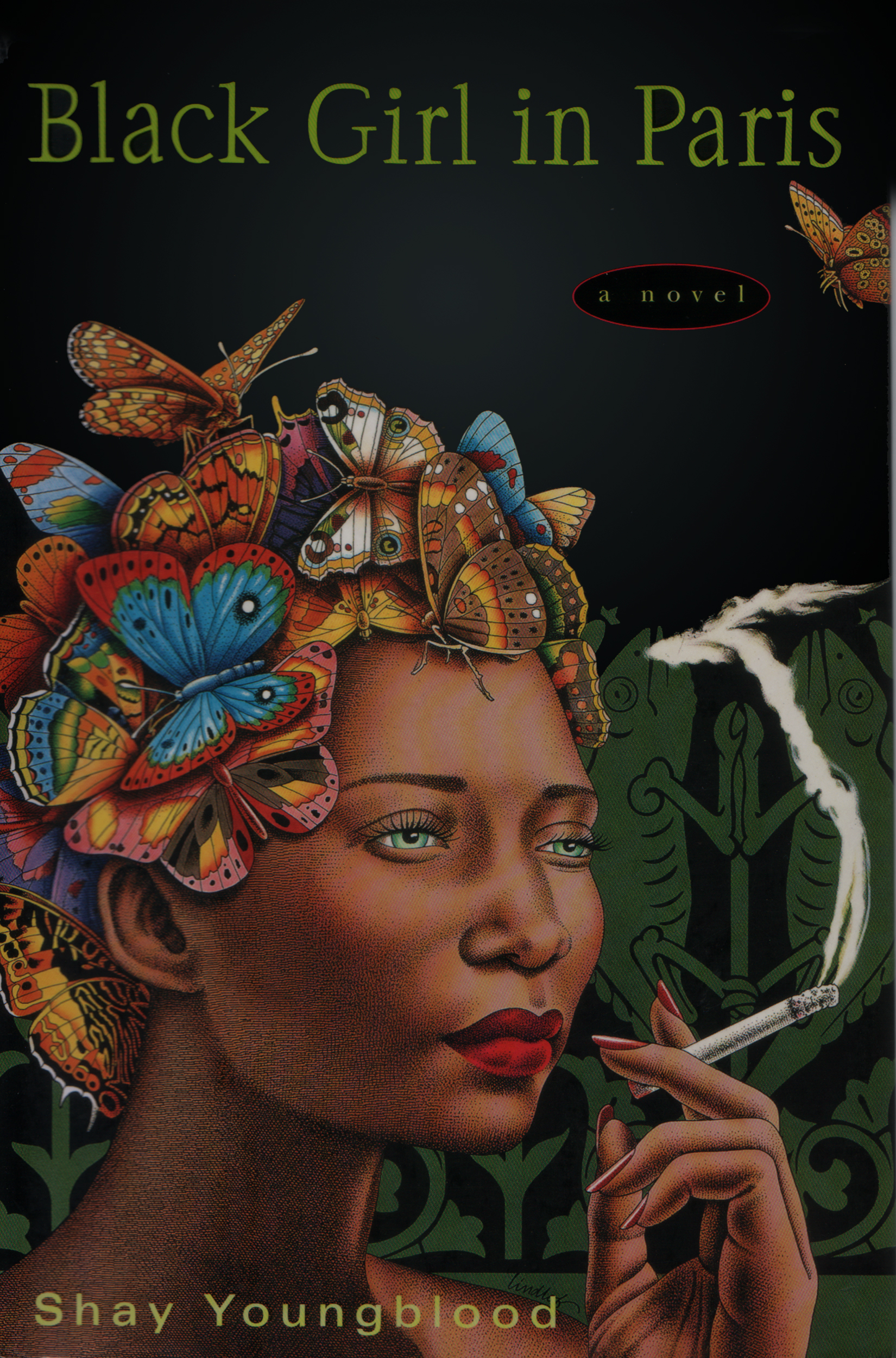
Black Girl in Paris by Shay Youngblood
From Pushcart Prize-winning author Shay Youngblood comes Black Girl in Paris, a novelistic exploration of past and present in a city that has nurtured authors for generations. Eden Daniels is a Black woman in her mid-twenties who leaves the American South for Paris, following the footsteps of several iconic African-American authors whose careers were also shaped by the City of Light. To make her way, Eden works as an au pair, an artist’s model, and a poet’s assistant. Through her many jobs, she unexpectedly crosses paths with James Baldwin, still living in the city after a celebrated career. Each interaction Eden has in Paris becomes part of the writer and person she was always meant to be, changed forever by the most iconic city in the world.
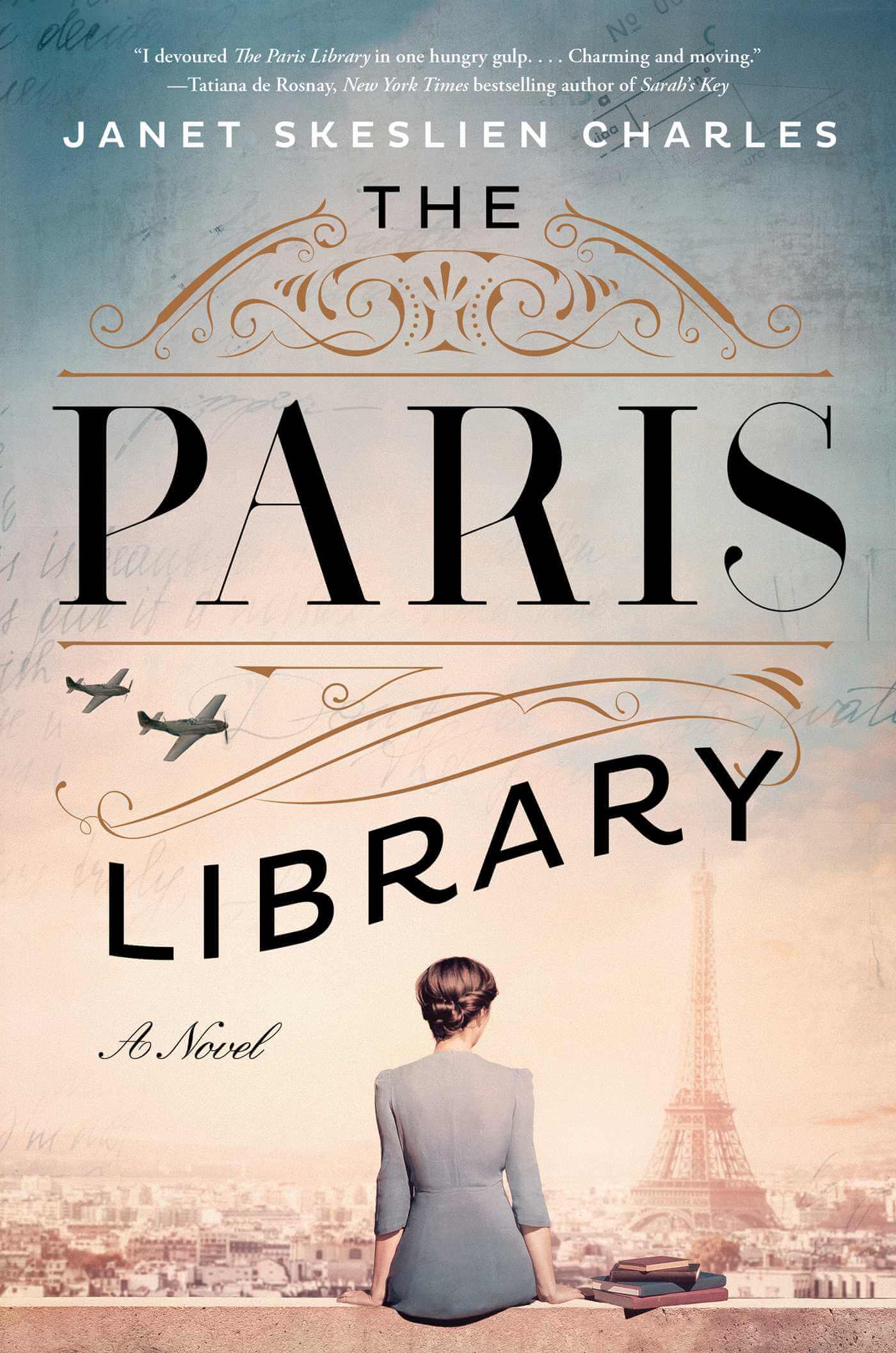
The Paris Library by Janet Skeslien Charles
On the eve of Nazi invasion, Odile is a young French woman who takes a job at the American Library in Paris, eager to make her own way and step out of the tight social restrictions on her gender. The library proves to be a safe haven and a place of exploration, with a group of colleagues who are like a family. When Nazis take over Paris and enforce the Reich’s censorship policies on the library, Odile and her friends do their best to keep their beloved library open for all—even if it means breaking the rules. From collaboration to resistance, The Paris Library explores the reality of many Parisians during Nazi occupation, inspiring thought-provoking reflection and remembrance.
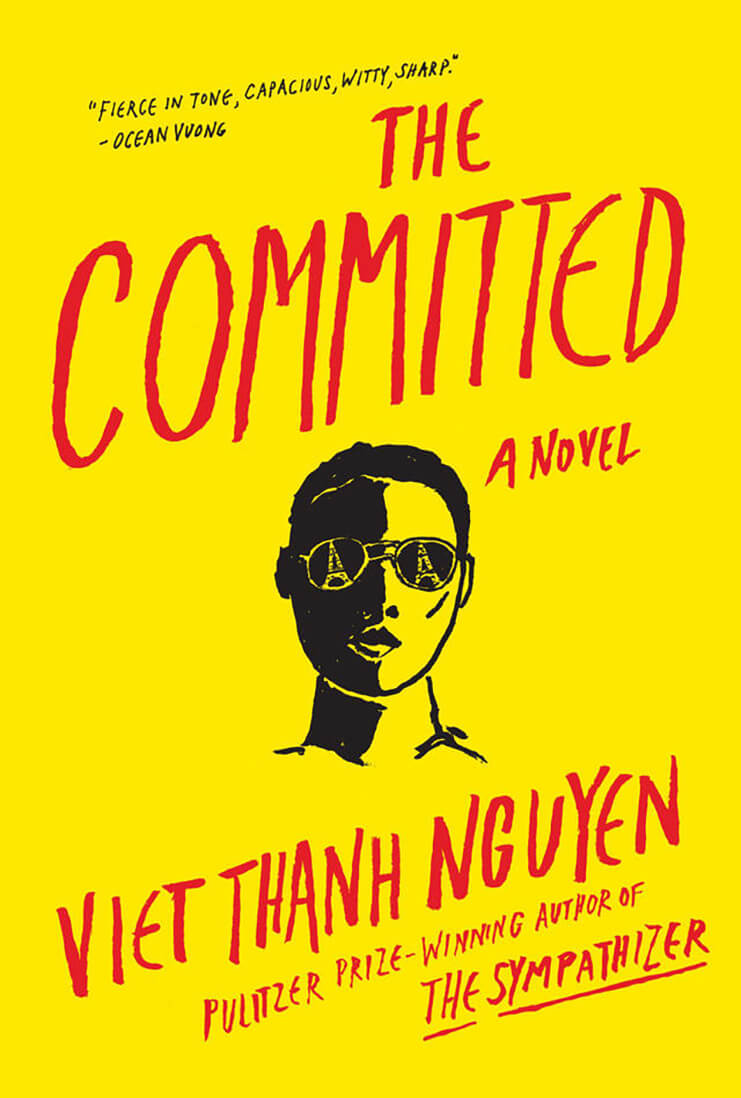
The Committed by Việt Thanh Nguyễn
Sequel to Pulitzer Prize-winner The Sympathizer, Nguyễn’s The Committed places the half-French, half-Vietnamese narrator in Paris as a refugee. After surviving torture at the hands of his former friend in the name of “reeducation” in communist Vietnam, he flees the country bound for Europe. Upon arriving in Paris, he becomes a drug dealer, existing in the shadows of Parisian society, a world that exists parallel to the city’s grandeur. Through the experiences of Asian characters, the novel addresses inequality, gender, and the lasting, steep consequences of French imperialism.
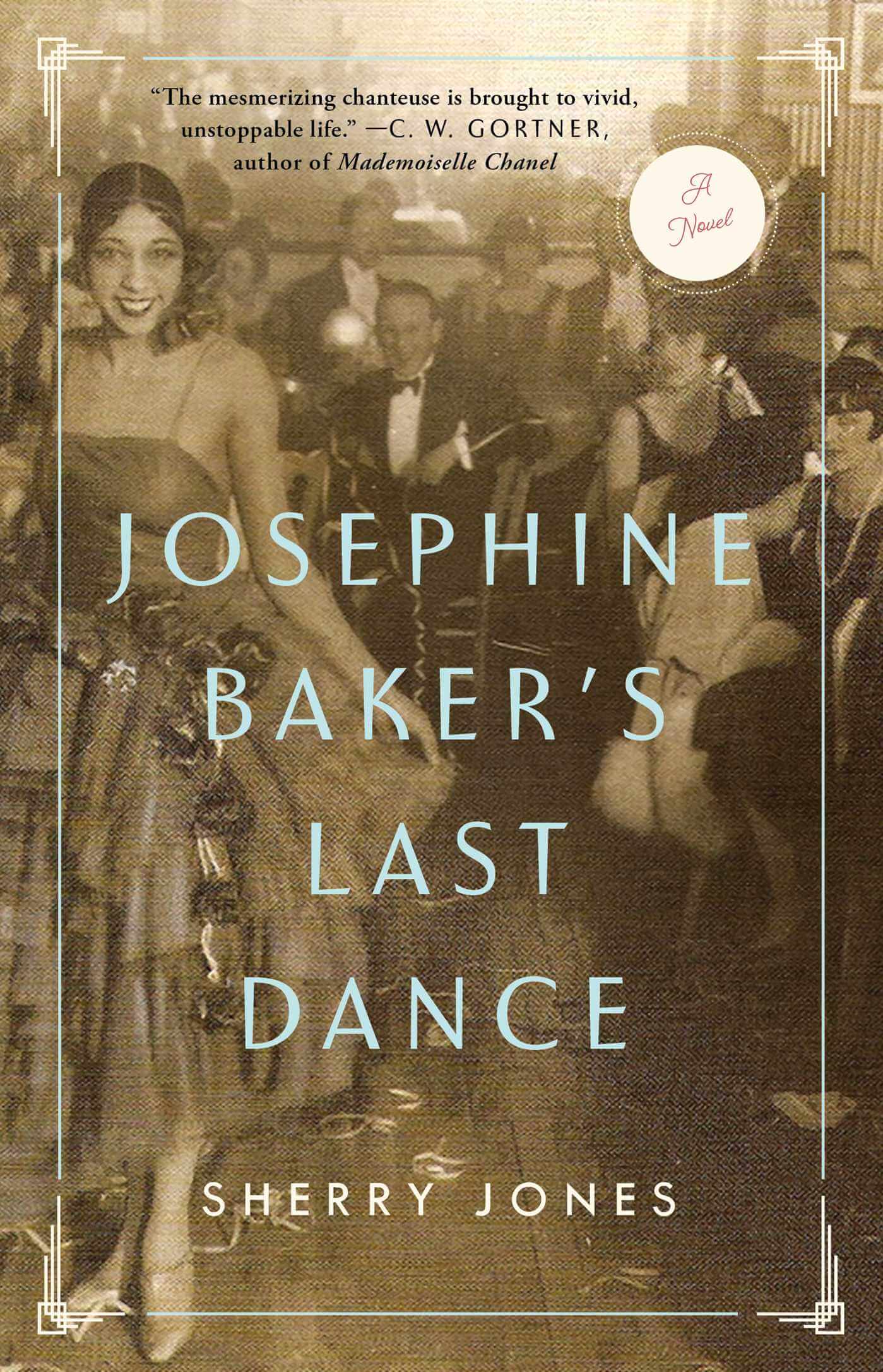
Josephine Baker’s Last Dance by Sherry Jones
American by birth, Parisian by choice, Josephine Baker was one of the most famous figures in French history. In the early 20th century, she went to Paris as a performer and became a sensation. When Nazis invaded Paris, she worked with the French Resistance as a spy for the duration of the occupation. For her bravery and sacrifice, the French government allowed her to be entombed in the Panthéon in Paris, an honor reserved for French heroes. She is the only American with this honor. In Josephine Baker’s Last Dance, Sherry Jones tells her story in a novelistic format, giving a historical fiction take on such a powerhouse figure in women’s and African-American history.
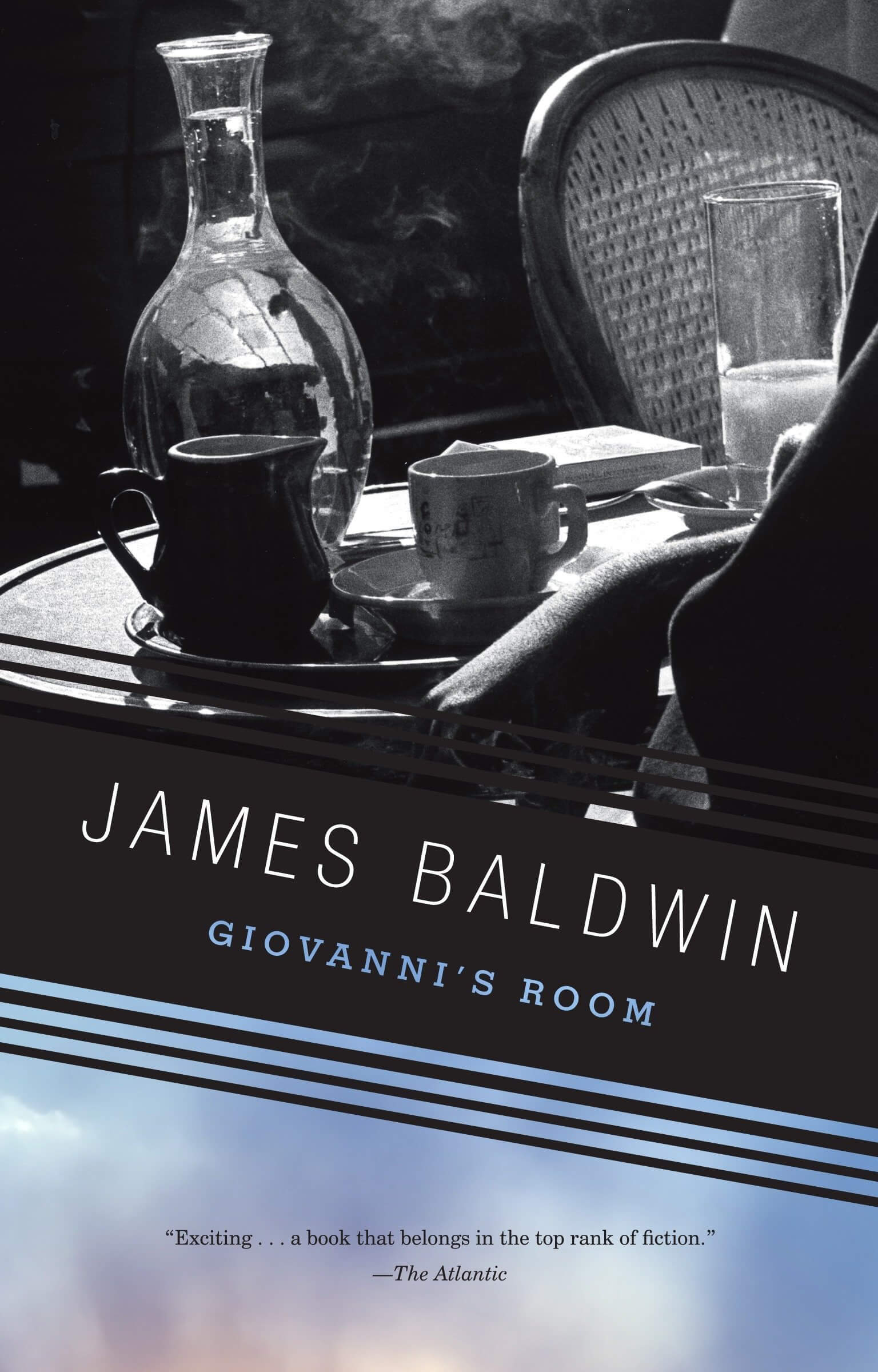
Giovanni’s Room by James Baldwin
Written in 1956 by renowned author James Baldwin, Giovanni’s Room explores masculinity and love in post-war Paris. David is a young American man who moves to Paris instead of following the conventional path of college and career. As the plot opens, he is traveling in the south of France with his fianceé, Hella. When she goes to Spain and, later on, back to the United States, David goes back to Paris. Told in a flashback, the story unfolds with the main figures in David’s life in Paris, namely his lover, Giovanni. Throughout the story, David struggles with his sexuality and the obligation he feels to maintain a traditional family life, even if it results in self-betrayal.
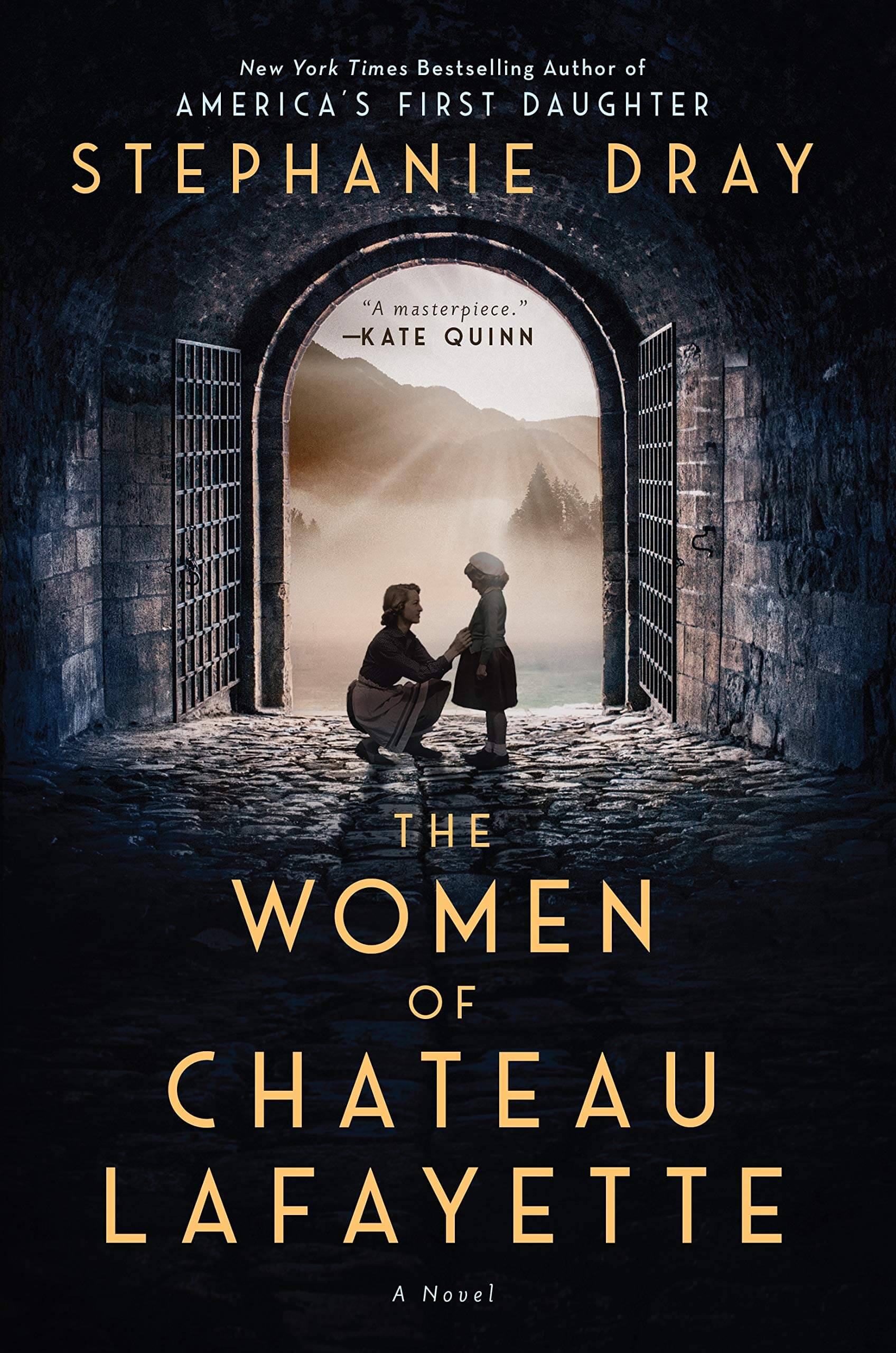
The Women of Château Lafayette by Stephanie Dray
Told across the three most impactful times in French history, The Women of Château Lafayette tells the stories of three remarkable women whose lives intertwine through a countryside manor. Adrienne marries Lafayette when they are teenagers, before he became famous for his involvement in both the American and French Revolutions. Beatrice Chanler makes the daring voyage across the Atlantic to Paris, working with the Red Cross in World War I. Marthe Simone uses her position as a teacher to hide Jewish children in World War II from occupying forces eager to harm them. All three women do extraordinary things with the castle and Paris as the backdrops to their lives across centuries, hardships, and victories.

The Paris Bookseller by Kerri Maher
Sylvia Beach opened up Shakespeare and Company in Paris in 1919. Many prominent writers of the Lost Generation frequent the bookstore, and many friendships are forged and fostered. Irish author James Joyce forms a connection with Sylvia herself. When Joyce’s controversial novel Ulysses is banned, Sylvia publishes it under Shakespeare and Company. While success and notoriety follow, the store’s future is at risk when other publishers seek to represent Joyce. Many of Sylvia’s relationships are put to the test as the Depression sweeps across the city. She must decide what Shakespeare and Company truly means to her.
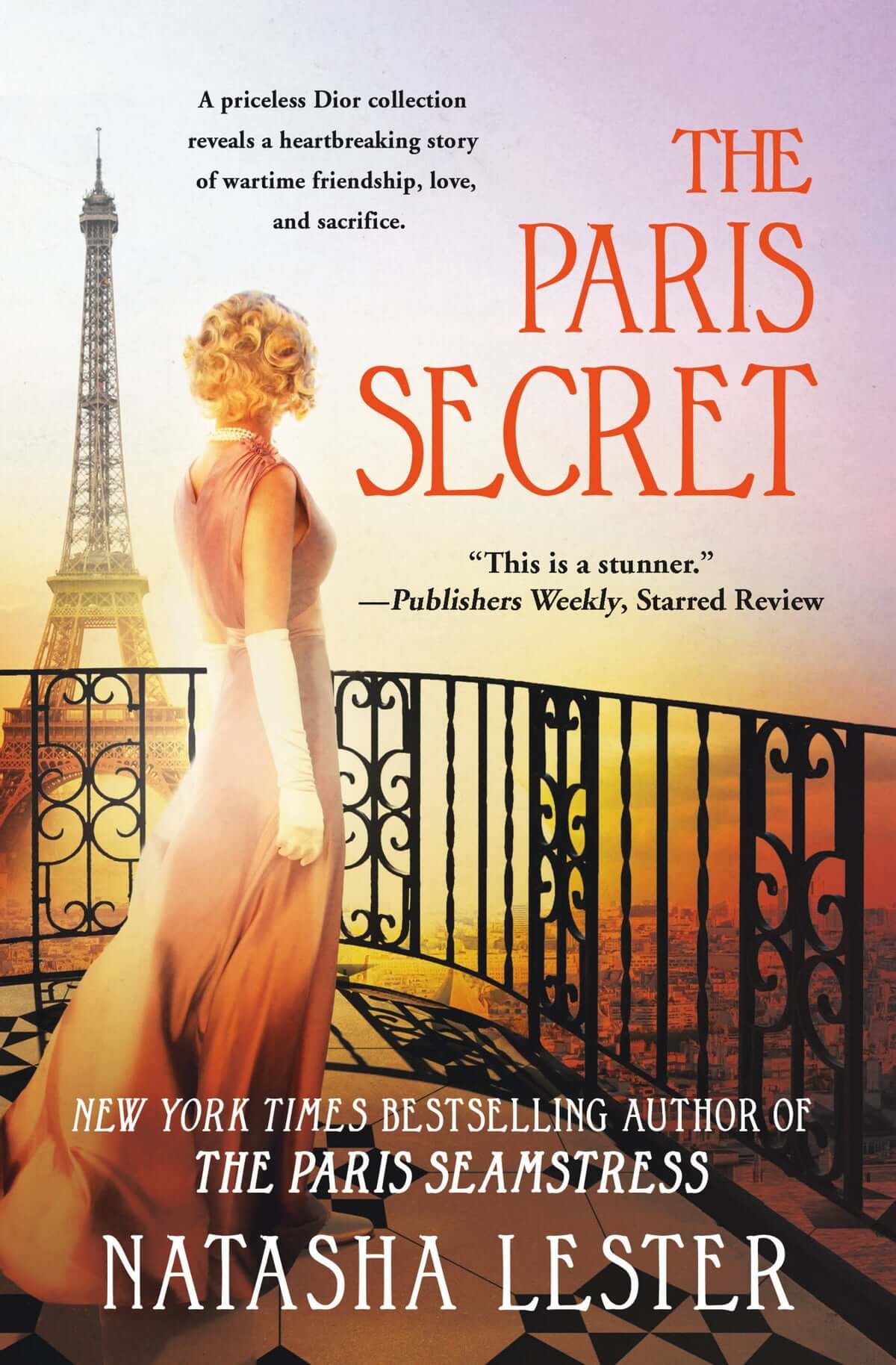
The Paris Secret by Natasha Lester
In England, 1939, Skye and Liberty Penrose are as different as two sisters can be. Skye is a daring pilot who is determined to help the war efforts, even if she can’t join the Royal Air Force. She’s thrilled when her work reunites her with her childhood crush, Nicholas. Her happiness diminishes when she finds out Nicholas is engaged to a woman named Margaux Jordan. In Paris, 1947, designer Christian Dior names his debut fragrance after his sister, Catherine, who became friends with Skye and Margaux. In modern day, Kat Jourdan finds a priceless collection of Dior gowns in her grandmother’s cottage. She starts investigating the origin of the dresses and realizes her beloved grandmother was not who she thought.
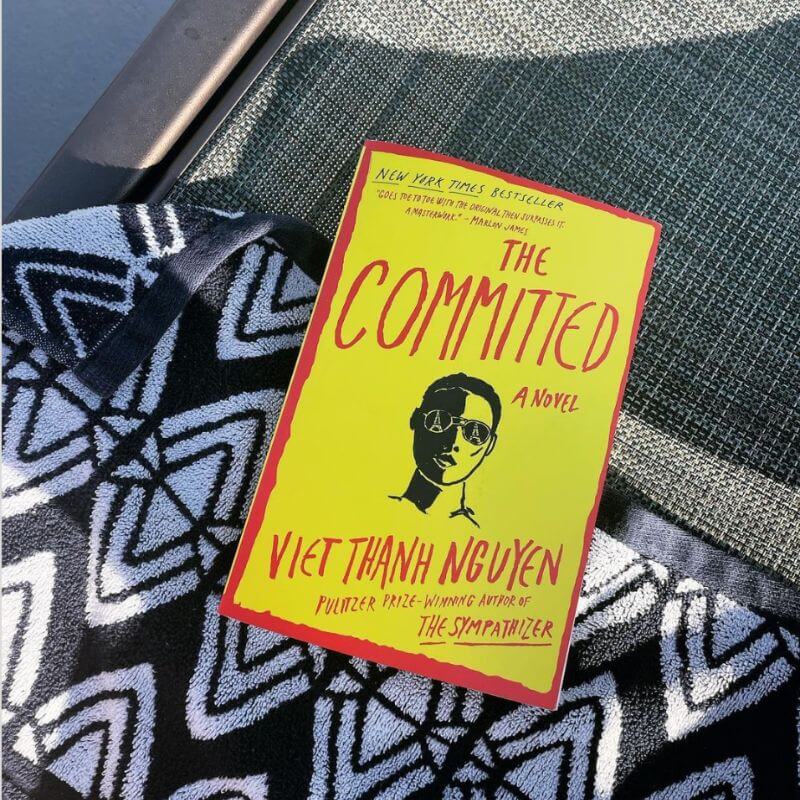

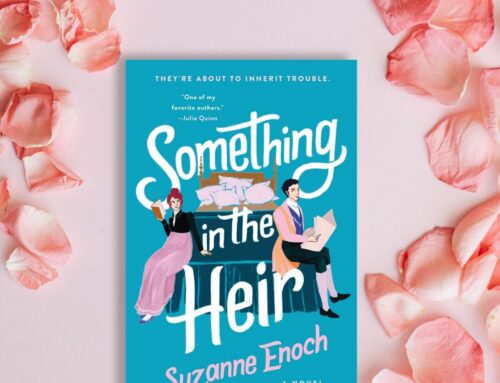

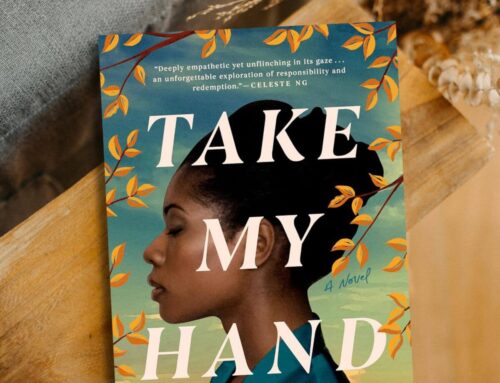
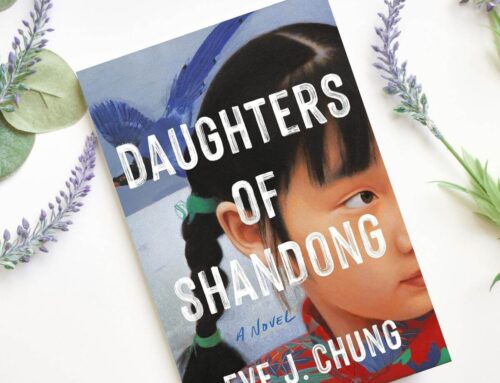
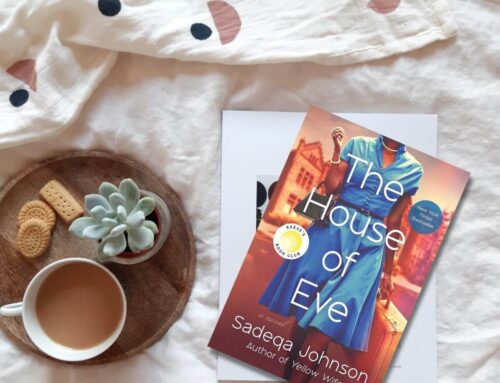
Leave A Comment